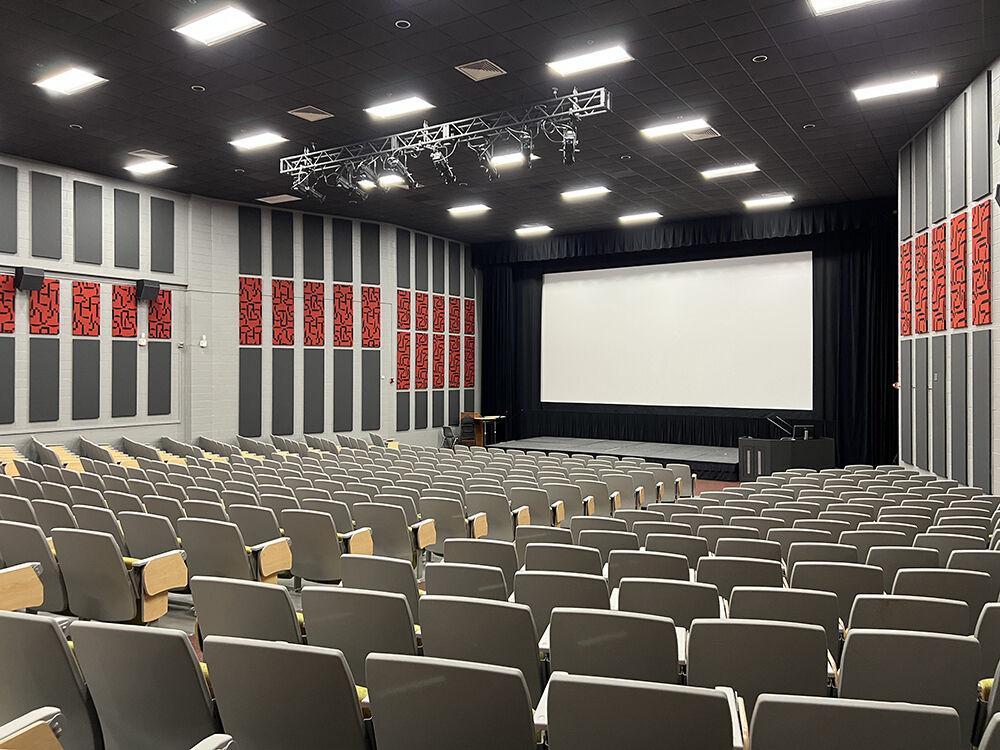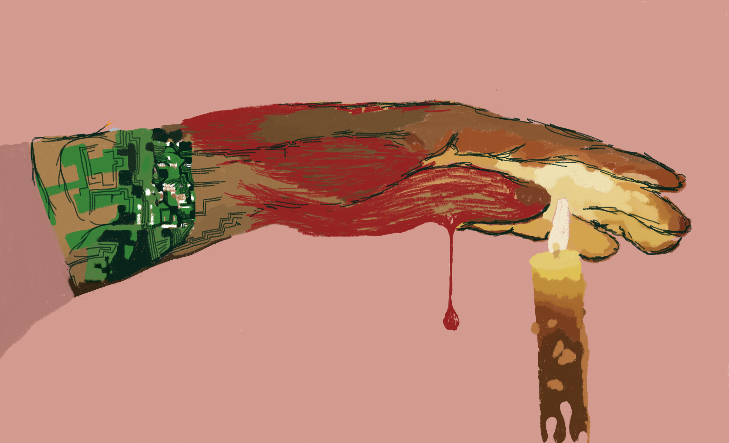Editor’s note: This article contains mentions of mental illness.
“You Belong Here” is an authentic, relevant and incredibly moving documentary produced by Sue Anne Pilgreen and sponsored by the Eastern Carolina Injury Prevention Program at ECU in partnership with the Dr. Jesse R. Peel LGBTQ Center.
The documentary mainly consists of interviews with members of the LGBTQ community from Pitt County and a few of their parents. The interviewees discuss their experiences with growing up LGBTQ in the South.
“You Belong Here” was shown in Witherspoon Student Cinema on Oct. 6, and there was also a panel with a few of the cast members afterwards.
The documentary began with the interviewees introducing themselves, then transitioning into deeper and more personal questions about growing up as a member of the LGBTQ community in the South. A few parents of LGBTQ youth were interviewed, and they were asked about raising their children who are members of the community.
All of the interviews were conducted in the same place, which had a colorful backdrop and bright lighting. This allowed for consistency, but changing the location of the interviews a few times would have been a nice touch. However, filming locations may have been limited due to funding or other factors.
One of the interviewees, Aviel Washington, shared their experience with growing up transmasculine and leaving their religion. They said the people they grew up with are no longer allowed to talk to them, and it was very difficult when they began to push them away. People almost acted like they were dead. Washington admitted they lost their sense of self for a period of time. However, they now have a community where they can celebrate who they are.
Bethann Wilke, one of the parents interviewed, said she didn’t react well when her child came out to her as nonbinary. She was confused and upset, but Wilke now wishes that she had reacted more positively. She said she has further educated herself about the LGBTQ community and does everything she can to support her child.
The director of the documentary, Zachary Pomeroy, was also interviewed. Pomeroy said he experienced a lot of mental health issues when he realized he was gay. He said accepting himself and his identity was a long, difficult battle, but he’s now in a much better place.
In between interview clips, videos played of the interviewees doing photoshoots and spending time together. This helped retain the attention of viewers, as two hours of uninterrupted interview clips might have lost the focus of the audience.
The diversity of interviewees was also an important aspect of the documentary, so anyone watching could easily find someone they could relate to. Each interviewee had different identities and experiences.
The only negative aspect of “You Belong Here” was the sound quality. During most of the interviews, instrumental music was playing in the background. The music was a good addition, but it sometimes overpowered the interviewee speaking, distracting the viewer from what they were saying.
“You Belong Here” ended on a positive note, with interviewees giving advice to any young members of the LGBTQ community watching. Many of them said although growing up as a member of the community isn’t easy, you should never give up. There is a light at the end of the tunnel, and everyone deserves to feel like they belong.
If you or someone you know is having a mental health emergency, the Counseling Center can be reached 24 hours a day at 919-515-2423. If you are in a crisis situation and need immediate help, please call the National Suicide Prevention Lifeline at 988. In the case of a life-threatening emergency, call 911.
The Counseling Center’s website offers free online mental health screenings, a plethora of self-help resources regarding mental health and wellness concerns and a comprehensive list of campus services available for those who need guidance. To view an exhaustive list, visit counseling.dasa.ncsu.edu/resources.
If you’re seeking professional counseling or other mental health services on campus, visit the Counseling Center’s Getting Started page at counseling.dasa.ncsu.edu/about-us/gettingstarted to complete paperwork, set up an appointment and more.




















